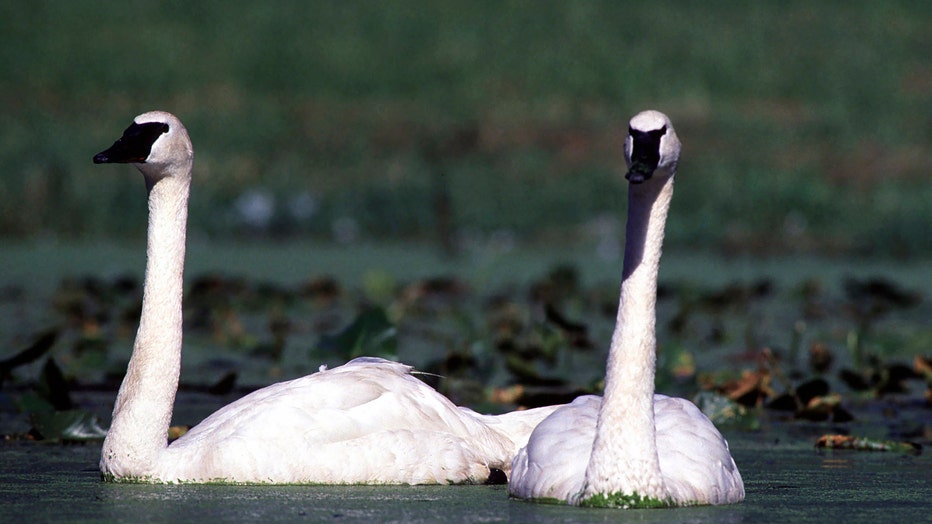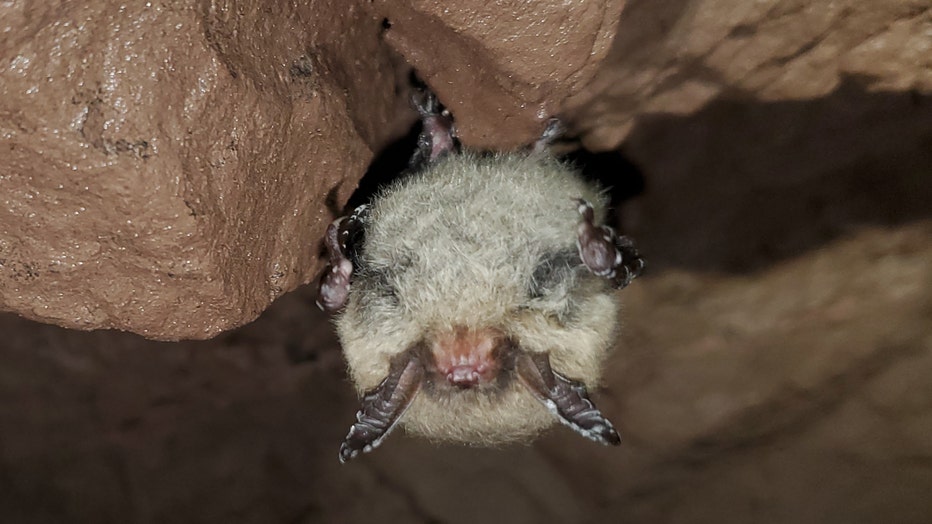58 species added, 36 removed from Michigan’s threatened, endangered species list
DETROIT (FOX 2) - Bats, bees, and more were among the new additions to Michigan's endangered and threatened species list.
Updates to Michigan's list include 58 species of animals and plants - as well as the removal of 36 species from the list.
There are now 407 species considered threatened or endangered in the state.
Experts from universities, the Michigan Natural Features Inventory, other conservation organizations, and the Michigan Department of Natural Resources recommended changes to the list based on recent data. It's the seventh update to the list in nearly 50 years.
"When people come together to collaborate on conservation, we can recover rare species," said DNR endangered species specialist Jennifer Kleitch. "For instance, trumpeter swans were just removed from Michigan’s threatened and endangered species list. Their populations have grown as a result of significant conservation efforts by many partners over decades."

Trumpeter swans, whose populations have grown as a result of significant conservation efforts by many partners over decades, were recently removed from Michigan’s threatened and endangered species list. (Photo: DNR)
However, while species were removed, many species were added or have already been on the list.
According to the DNR, three bat species – little brown, northern long-eared, and tri-colored – have been listed as threatened due to significant population declines in the state resulting from white-nose syndrome.
This disease damages bats' skin while they hibernate, causing them to warm up and waste energy.

Three bat species – little brown, northern long-eared (pictured here) and tri-colored – have been listed as threatened in Michigan due to significant population declines resulting from white-nose syndrome. (Photo: DNR)
Rusty-patched bumblebees and American bumblebees were added to the endangered species list because, like many pollinator species, their populations are seeing large declines.
"Many threatened and endangered species rely on high-quality natural areas that benefit all of us by providing clean water, clean air and places for us to enjoy nature. When species are struggling, it can indicate declines in the functioning of those natural areas, which in turn can impact our quality of life," Kleitch said.
See a list of Michigan's rare animals here and rare plants here.

